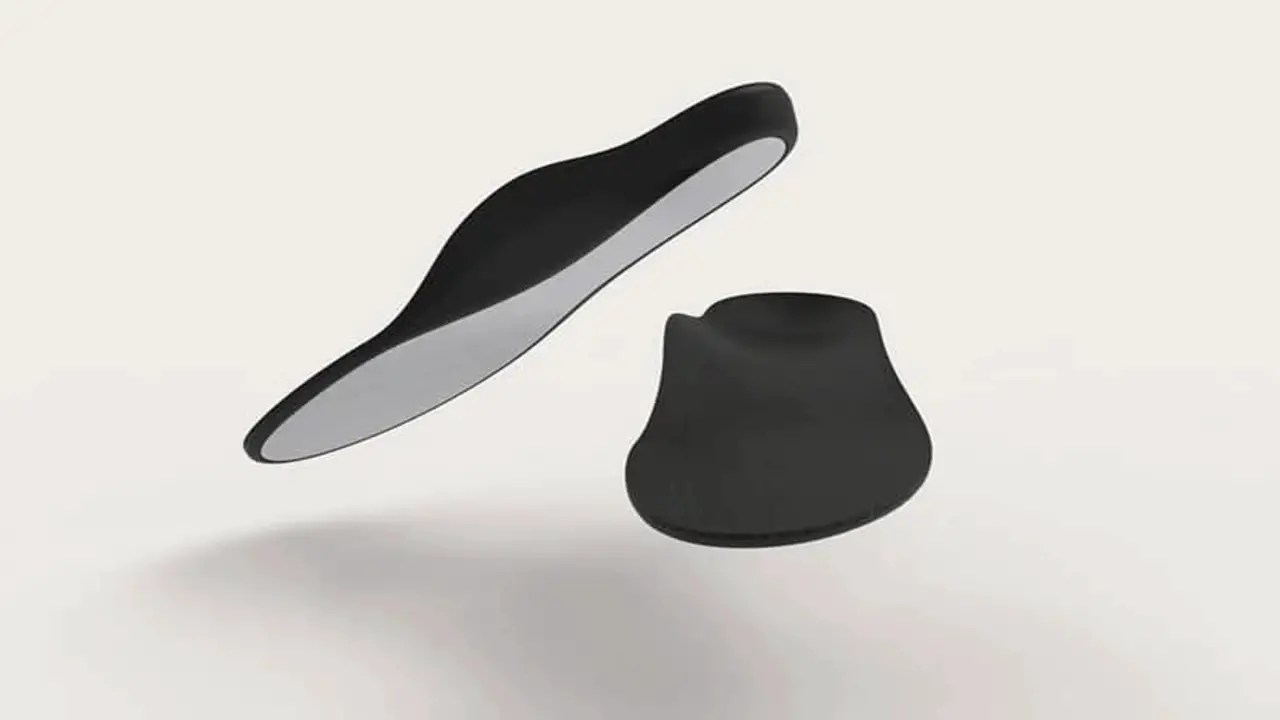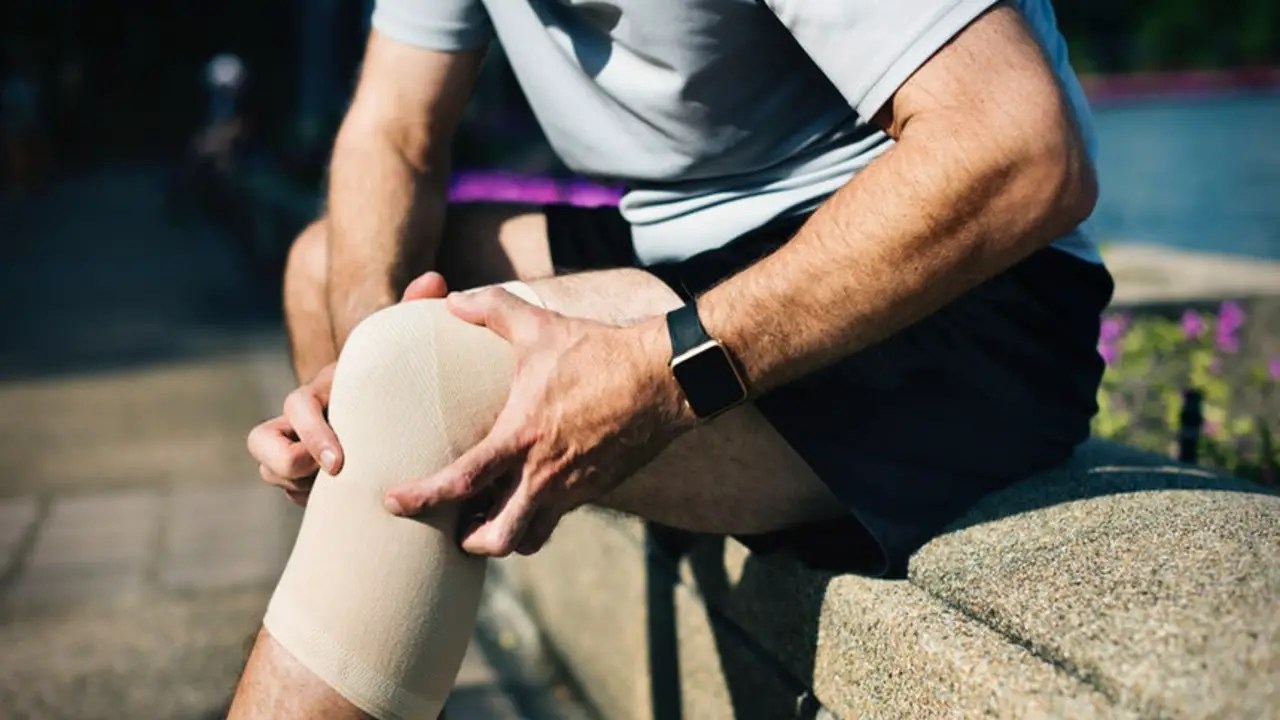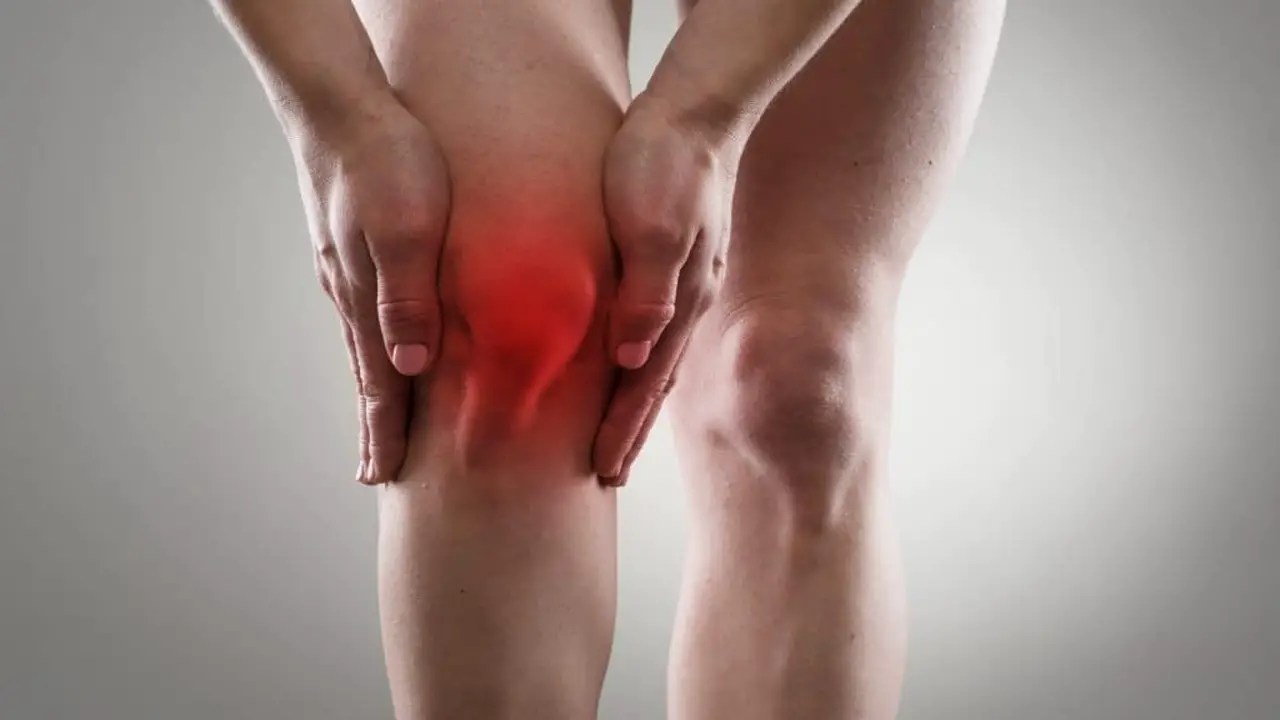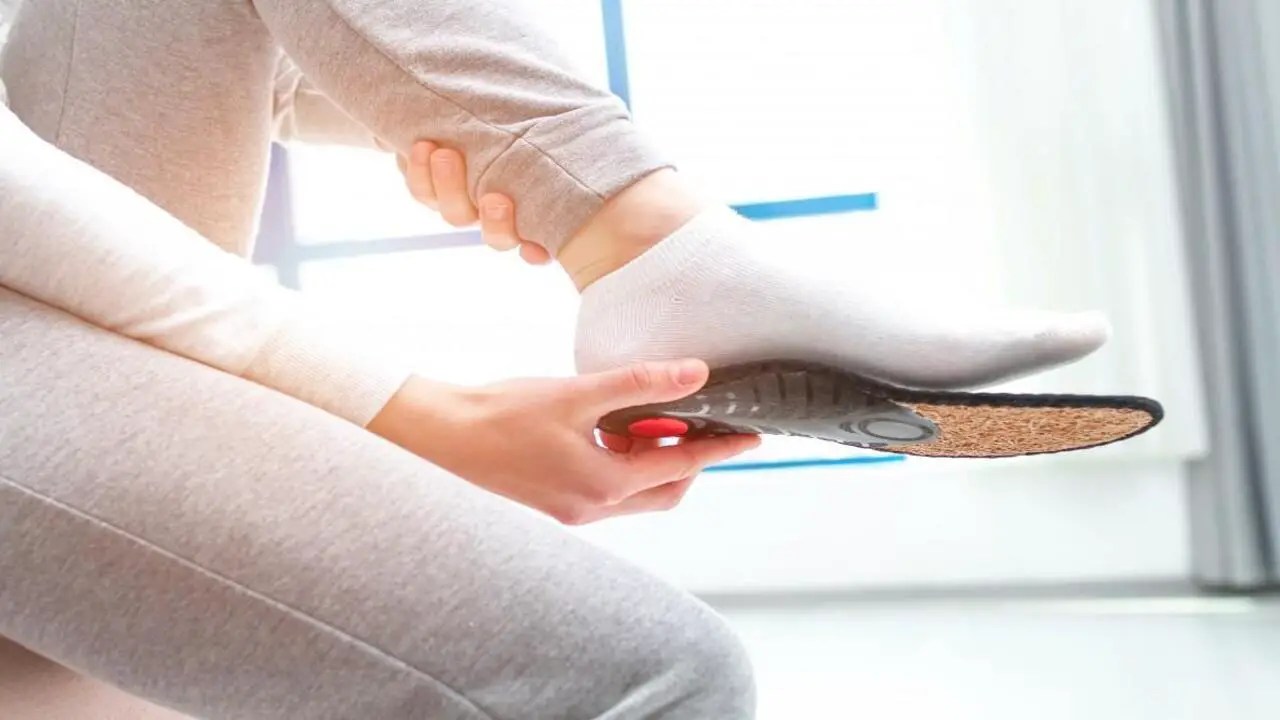Knee pain is a common ailment that affects millions of people worldwide, and it can have a significant impact on daily life. From athletes to office workers, knee pain can strike anyone at any time, and finding relief can be a daunting task. There are countless remedies and treatments available, but one question often arises:
do insoles help with knee pain? Insoles, also known as orthotics, have become a popular choice for those seeking relief from knee pain. Many claim that insoles can reduce discomfort and improve overall knee function.
However, with so much conflicting information and products on the market, it can be challenging to determine if insoles are a viable solution. In this informative guide, we will delve into the world of insoles and knee pain and explore the evidence behind their effectiveness.

Understanding Knee Pain

Understanding knee pain is crucial for effective management and relief. Various factors, such as overuse, arthritis, and injury, can cause knee pain. Identifying the root cause is essential in developing an appropriate treatment plan. Knee pain significantly impacts daily activities, emphasizing the need for relief.
Educating oneself about knee pain enables informed decisions for pain management. Remember that knee pain can be caused by arthritis, overuse, or injury. Identifying the root cause helps develop a treatment plan. Knee pain can severely impact daily activities, so finding relief is crucial. Educating yourself about knee pain empowers you to make informed decisions about pain management.
Anatomy Of The Knee

The knee joint is a complex structure comprising bones, ligaments, tendons, and cartilage. Understanding the anatomy of the knee is crucial for identifying potential pain sources and risks of injury. This joint allows for flexion, extension, and rotation, enabling a wide range of movements. Ligaments, like the anterior cruciate ligament, provide stability to the knee. Familiarity with the knee’s anatomy helps in comprehending the impact of insoles on pain relief.
Causes Of Knee Pain

Knee pain can arise from various causes, including overuse, arthritis, ligament tears, or meniscus injuries. Common contributors to knee pain include obesity and muscle imbalance. Inflammation, swelling, or tenderness in the knee joint may also lead to discomfort.
Additionally, traumatic events like sports injuries can result in acute knee pain. Understanding the underlying causes of knee pain is crucial for determining the most suitable pain relief methods.
The Role Of Insoles In Knee Pain Relief
Insoles play a crucial role in providing relief from knee pain. They offer shock absorption, reducing stress and pain in the knee joints. Custom orthotics can correct alignment issues, address muscle imbalance and alleviate knee discomfort.
Insoles with arch support help maintain proper weight distribution, reducing knee pain. Additionally, the cushioning provided by insoles can help alleviate pain associated with arthritis or inflammation. By enhancing gait alignment, insoles effectively reduce knee pain and discomfort.
How Do Insoles Help With Knee Pain?

Many individuals who suffer from knee pain often wonder if using insoles can provide them with relief. Whether insoles help with knee pain has been the subject of much discussion and research in the medical field. While there is no definitive answer that applies to every individual, there is evidence to suggest that using insoles can be beneficial for some people.
Insoles are an effective and commonly recommended solution for individuals experiencing knee pain. Designed to provide support and cushioning, insoles offer numerous benefits in alleviating discomfort and improving overall knee health. Here’s how insoles help with knee pain:
Types Of Insoles For Knee Pain
When managing knee pain, finding the right type of insole can make a significant difference in providing comfort and support. There are several types of insoles available on the market that cater specifically to individuals experiencing knee pain. Here are some key options to consider:
- Custom orthotic insoles are designed to address individual alignment and pain relief needs, offering personalized support for knee pain.
- Gel insoles provide cushioning to reduce pressure on the knee joint, easing discomfort.
- Arch support insoles help distribute weight evenly, promoting proper weight distribution and minimizing knee pain.
- Shock-absorbing insoles help reduce impact during physical activities, providing significant relief from knee discomfort.
- Insoles with heel inserts can alleviate knee pain caused by plantar fasciitis.
Choosing The Right Insoles For Your Needs
When managing knee pain, insoles can be a helpful tool. However, it is important to choose the right insoles for your specific needs. By considering these factors and choosing the right insoles, you can alleviate knee pain and improve your overall comfort while walking or engaging in physical activities. Here are some factors to consider when selecting insoles:
- Arch Support: Look for insoles that provide adequate arch support, as this can help to reduce stress on the knees.
- Cushioning: Insoles with cushioning can help to absorb shock and provide additional comfort.
- Size And Fit: Ensure that the insoles fit properly in your shoes and do not cause any discomfort or rubbing.
- Material: Consider the material of the insoles, as some may be more durable or breathable than others.
- Purpose: Different insoles are designed for different purposes, such as sports activities or everyday use. Choose an insole that aligns with your specific needs.
Using Insoles Correctly For Maximum Effectiveness
To achieve the maximum effectiveness of insoles in relieving knee pain, it is crucial to ensure that the insoles fit properly in your shoes. This ensures adequate support and pain relief for your knees. Additionally, it is important to follow the manufacturer’s instructions for proper placement and adjustment of the insoles in your shoes.
Gradually increasing the usage of insoles allows your feet and knees to adapt to the new support, maximizing their benefits. Regularly cleaning and maintaining the insoles also contribute to their optimal effectiveness in pain relief. Lastly, consulting a healthcare professional can help ensure the correct usage of insoles for maximum benefits.
Other Strategies For Managing Knee Pain

In addition to insoles, several other strategies can help manage knee pain. One effective strategy is regular exercise, which can help strengthen the muscles around the knee and provide support. Low-impact exercises like swimming or cycling are often recommended for individuals with knee pain. Another helpful strategy is weight management, as excess weight can strain the knees.
Maintaining a healthy weight can help alleviate some of this pressure. Applying ice or heat to the affected area, taking over-the-counter pain medications, and using assistive devices like braces or crutches are common methods for managing knee pain. It’s important to consult with a healthcare professional to determine the best course of action for your specific situation.
When To Seek Professional Help For Knee Pain
If knee pain persists or worsens over time, it is advisable to consult a healthcare professional. Seek medical assistance if you experience swelling, redness, or significant discomfort in addition to knee pain. A medical evaluation is essential for knee pain resulting from significant trauma or injury.
If knee pain limits your mobility or interferes with your daily activities, it is recommended to seek medical attention. Professional guidance is crucial in diagnosing and treating knee pain, especially chronic conditions.
Conclusion
Insoles can be an effective tool in managing knee pain. They provide additional support and cushioning to the foot, which can help alleviate pressure and stress on the knees. When choosing insoles, it is important to consider the specific needs of your feet and the type of knee pain you are experiencing. Insoles come in various types, such as arch-supporting or shock-absorbing, so finding the right fit is crucial.
Additionally, using insoles correctly and incorporating other strategies like proper stretching and strengthening exercises can further enhance their effectiveness. However, if your knee pain persists or worsens, it is important to seek professional help for a proper diagnosis and treatment plan. We hope you understand do insoles help with knee pain.
Frequently Asked Questions
1.What Insoles Are Best For Knee Pain?
Ans: For the best insoles to alleviate knee pain, look for ones with excellent arch support and shock absorption. In severe cases, custom-made orthotics might be necessary. Some recommended brands include Superfeet, Spenco, and Powerstep. Consulting a healthcare professional will help determine the most suitable insoles for knee pain.
2.Do Insoles-Help With Knee Pain While Running?
Ans: Insoles can provide relief for knee pain experienced while running. They offer support and cushioning, correcting foot positioning to alleviate knee stress. If your knee pain persists, it’s important to consult with a healthcare professional.
3.Do Arch Support Shoes Help With Knee Pain?
Ans: Arch support shoes can be beneficial for knee pain, particularly if it is caused by overpronation. They provide the necessary support to correct leg and knee misalignment, alleviating discomfort. Consulting with a podiatrist or healthcare professional before choosing arch support shoes is recommended.
4.What Are The Best Insoles For Knee Pain?
Ans: When finding the best insoles for knee pain, there are a few factors to consider. The right insoles will depend on the cause of your pain, but those with arch support can help distribute weight evenly and reduce pressure on the knees. Gel or cushioned insoles can absorb shock and minimize impact while walking or running. Popular brands for knee pain insoles include Superfeet, Dr. Scholl’s, and Powerstep.
5.Is It Worth Wearing Insoles?
Ans: Insoles are worth wearing if you have knee pain or discomfort. They offer extra support and cushioning, which can help reduce knee pain. Customized insoles may be more effective than over-the-counter options. Consult with a healthcare professional to determine if insoles are right for you.
Meet Millard Mar, the deputy manager turned footwear wordsmith at Sole Chronicles. With a passion for shoes and a knack for Insole Basics, Reviews, Foot Health, and Tips, SoleForShoes is your go-to guru for all things underfoot. Step into a world where style meets comfort, and let each post guide you on a journey through the fascinating realm of footwear.
